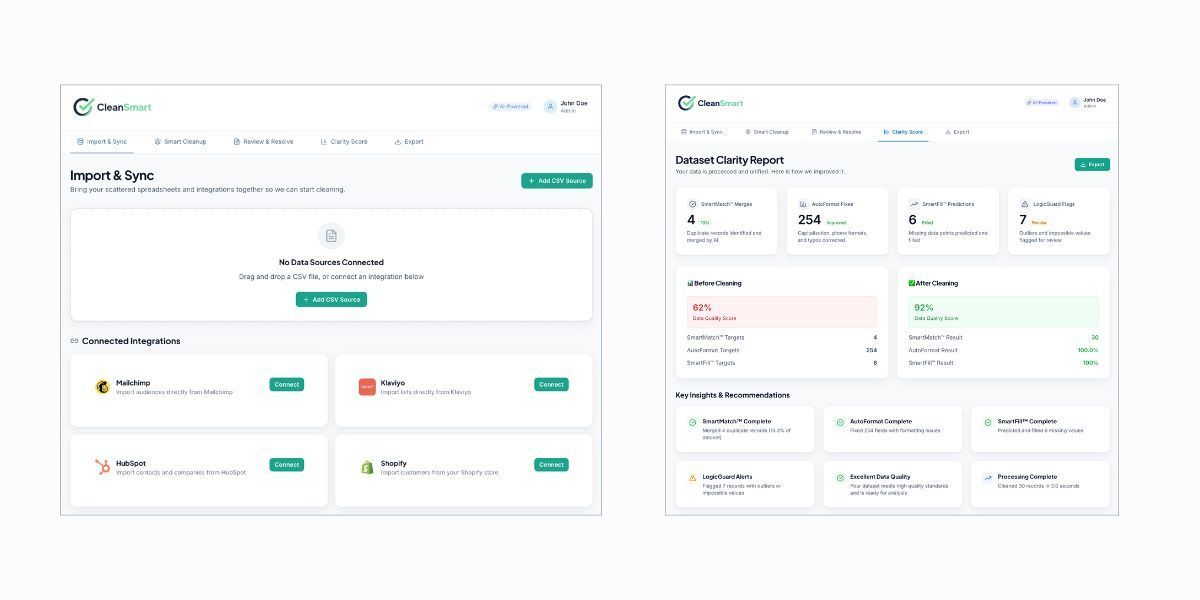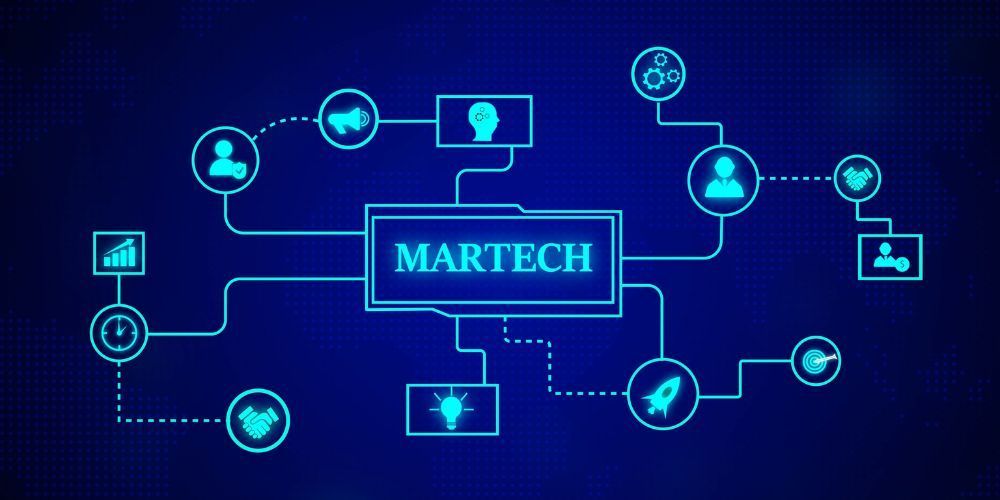Why Smart Pharma Companies Hire Fractional Executives for Digital Transformation
The pharmaceutical industry has a digital transformation problem. Not the kind you'd expect.
It's not that pharma companies don't understand the value of digital transformation—they do. It's not that they lack the budget for digital initiatives—most have allocated millions. The problem is simpler and more expensive: they can't find the right executives to lead these transformations.
After helping Fortune 500 pharmaceutical companies navigate digital transformation across 90+ countries, I've watched this talent shortage create a $2.8 billion opportunity cost. Smart pharma companies have discovered the solution isn't hiring full-time executives. It's accessing the right expertise exactly when they need it.

The Full-Time Executive Dilemma
The Traditional Approach: Full-Time Executive Hire
When pharma companies need digital transformation leadership, the default solution is familiar: post a job description, hire a search firm, recruit a full-time VP or Director. Six months later, they have someone in place.
Maybe.
The Reality of Pharma Executive Hiring in 2025
- Average time-to-hire: 8-12 months for senior digital roles
- Success rate: 47% of digital transformation hires meet expectations
- Total cost: $2.5M+ per year (salary + benefits + team + overhead)
- Risk factor: 67% of failed transformations trace back to leadership misalignment
But here's the challenge that's reshaping how smart pharma companies think about talent: digital transformation isn't a permanent state. It's a specific, time-bound initiative with distinct phases requiring different expertise.
The Fractional Executive Advantage
What Is a Fractional Executive?
A fractional executive is a senior-level professional who works with organizations on a part-time, temporary, or project basis. Instead of hiring a full-time executive, companies access proven expertise for specific initiatives and defined timeframes.
In pharma digital transformation, this model is game-changing because it aligns executive expertise with transformation phases.
Speed: From 12 Months to 2 Weeks
Traditional Executive Search Timeline
- Weeks 1-4: Job description and search firm selection
- Weeks 5-16: Candidate sourcing and initial screening
- Weeks 17-24: Interview rounds and reference checks
- Weeks 25-32: Offer negotiation and background verification
- Weeks 33-48: Notice period and onboarding
Fractional Executive Engagement Timeline
- Week 1: Needs assessment and scope definition
- Week 2: Executive matching and immediate start
When a pharmaceutical company's digital transformation is delayed by executive hiring, every month costs approximately $4.2M in lost productivity and market opportunity. Fractional executives eliminate this delay entirely.
Expertise: Specialized vs. Generalized
The Full-Time Executive Challenge: Most digital transformation roles require 3-5 distinct skill sets across different phases:
- Assessment Phase: Digital maturity auditing and strategic planning
- Foundation Phase: Technology stack rationalization and team building
- Implementation Phase: System integration and change management
- Optimization Phase: Performance measurement and continuous improvement
Finding one executive with deep expertise across all phases is nearly impossible. Hiring separate full-time executives for each phase is prohibitively expensive.
The Fractional Solution: Access the right expertise for each phase without the overhead of permanent hires. A digital strategy fractional executive for months 1-6, then a systems integration specialist for months 7-18, then an optimization expert for months 19-24.

ROI: The Economics of Fractional Leadership
Full-Time Executive Economics:
- Year 1 Cost: $450K (salary + benefits + overhead)
- Year 2-3 Cost: $900K total
- Post-Transformation Value: Limited (skillset becomes less relevant)
- Total Investment: $1.35M+ for 3-year transformation
Fractional Executive Economics:
- Engagement Cost: $180K-240K annually (typical fractional rate)
- Phase-Specific Expertise: 100% relevant to current needs
- Scalability: Add or reduce involvement based on requirements
- Total Investment: $540K-720K for 3-year transformation
Net Savings: $630K-810K while accessing superior expertise.
The Pharma-Specific Fractional Advantage
Pharmaceutical digital transformation has unique requirements that make fractional executives particularly valuable:
Regulatory Expertise
Fractional executives specializing in pharma understand:
- FDA digital submission requirements
- Global regulatory compliance frameworks
- Healthcare privacy regulations (HIPAA, GDPR)
- Clinical trial data management standards
Industry Network Access
Established fractional executives bring:
- Vendor relationships specific to pharma technology
- Regulatory consultant networks
- Peer connections for best practice sharing
- Board-level healthcare industry experience
Proven Transformation Methodologies
Pharma-focused fractional executives have:
- Repeatable frameworks tested across multiple pharma clients
- Understanding of pharma organizational dynamics
- Experience with complex stakeholder management
- Track record of regulatory-compliant implementations
The Decision Framework: When to Choose Fractional
Choose Fractional Executive When:
- Transformation timeline is 6-36 months
- Specific expertise gaps exist in current leadership
- Speed to market is critical
- Budget requires cost optimization
- Risk tolerance is low (proven track record required)
- Current team needs mentoring and knowledge transfer
Consider Full-Time Executive When:
- Transformation is ongoing/permanent organizational change
- Strong internal succession planning exists
- Company culture strongly favors internal leadership
- Timeline exceeds 3 years with consistent scope
Case Study: 18-Month Pharma Digital Transformation
The Challenge: A mid-sized pharmaceutical company needed to consolidate 47 digital properties across 12 markets, implement integrated analytics, and establish centralized content management—all while maintaining regulatory compliance and zero disruption to ongoing clinical trials.
The Traditional Approach Would Have Required:
- VP Digital Transformation: $380K annually
- Director Systems Integration: $260K annually
- Director Change Management: $240K annually
- Total Annual Cost: $880K for 3+ years = $2.64M+
The Fractional Approach:
- Months 1-6: Digital Strategy Fractional Executive focused on consolidation planning and vendor selection
- Months 7-12: Systems Integration Fractional Executive managing technical implementation
- Months 13-18: Change Management Fractional Executive ensuring adoption and optimization
Results:
- Total Cost: $720K over 18 months
- Time Savings: 8 months faster than projected
- Cost Savings: $1.92M vs. traditional hiring
- Outcome: 52% operational cost reduction, 300% faster content deployment
Making the Fractional Decision
The Four-Question Framework:
- What specific expertise do we need? Define the exact skills required for each transformation phase rather than looking for a generalist.
- What's our timeline urgency? If speed to value matters, fractional executives eliminate hiring delays.
- What's our budget for total transformation cost? Include hiring costs, overhead, and post-transformation retention in your calculation.
- What's our risk tolerance? Fractional executives with pharma track records reduce implementation risk significantly.
The Future of Pharma Executive Leadership
The most successful pharmaceutical companies of the next decade won't be those with the largest internal teams. They'll be the ones that access the right expertise at the right time with maximum agility.
Fractional executive partnerships represent a fundamental shift from owning expertise to accessing it. For digital transformation—a temporary, specialized initiative—this model delivers superior outcomes at significantly lower cost and risk.
The question isn't whether your pharmaceutical company needs digital transformation leadership. The question is whether you'll access that leadership through outdated hiring practices or modern executive partnerships.
Author: William Flaiz










